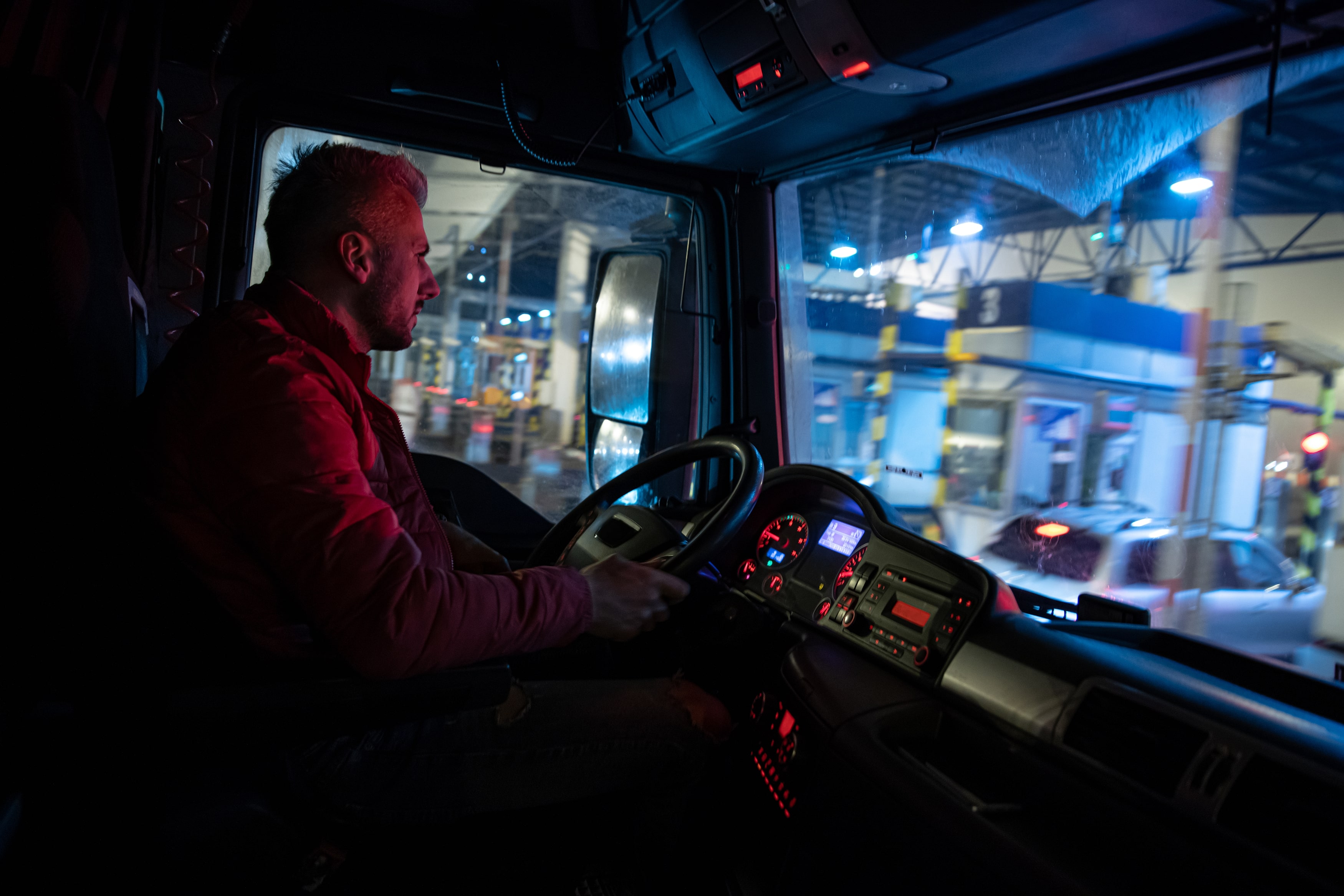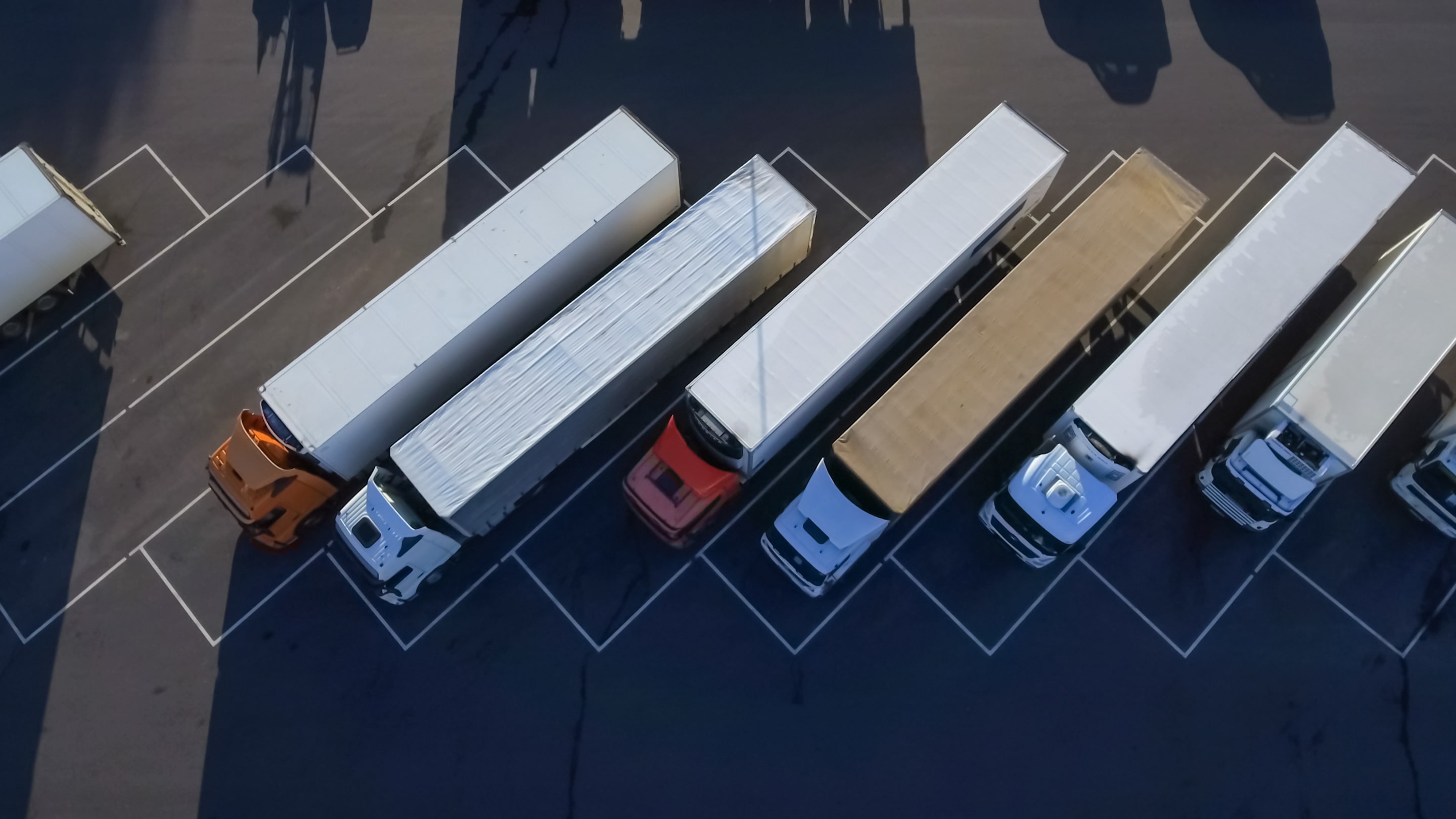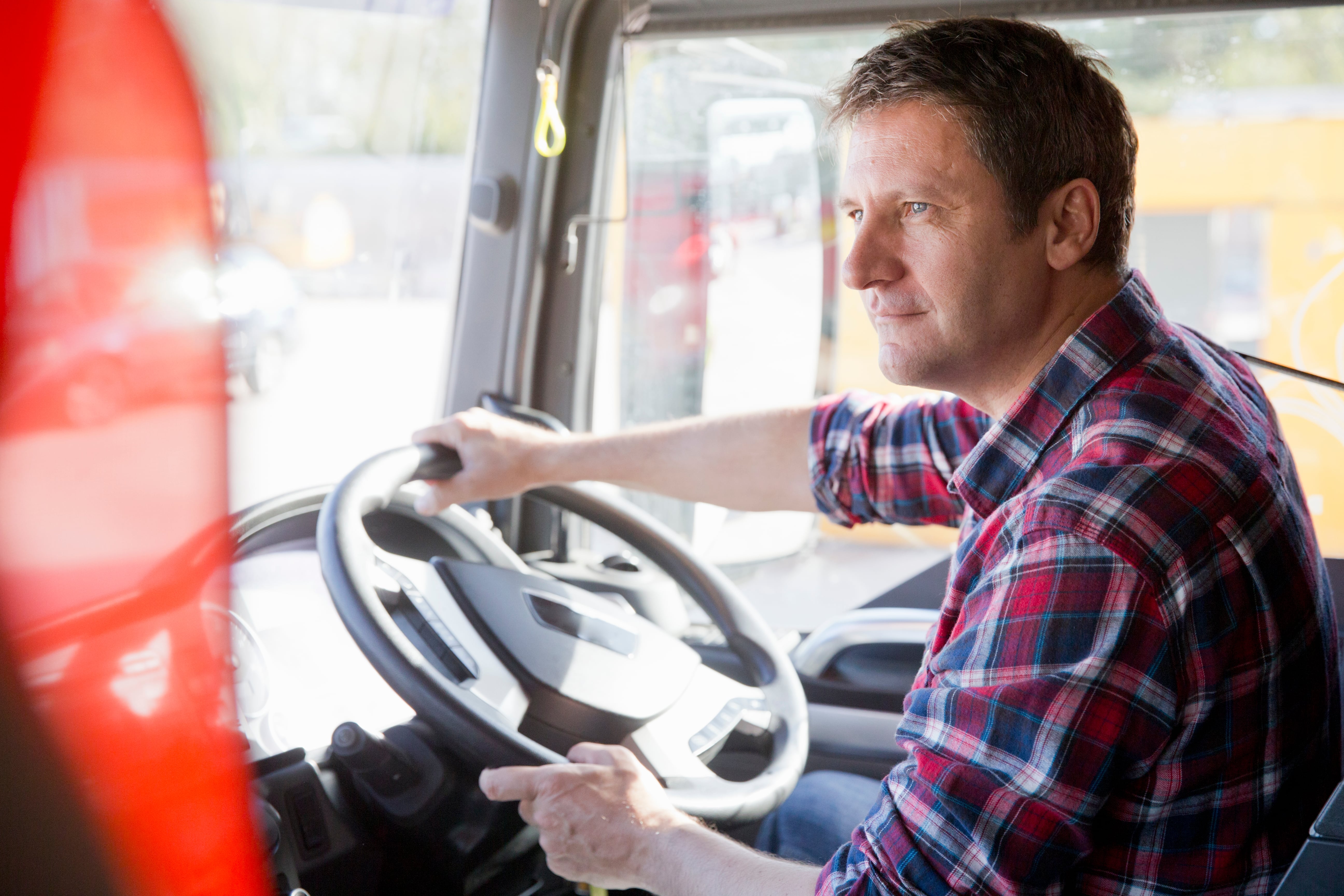
Guest
Het tekort aan vrachtwagenchauffeurs in het VK aanpakken in 2024/2025
Gemaakt: 16-08-2024
•
Bijgewerkt: 10-10-2024
Het tekort aan vrachtwagenchauffeurs in het Verenigd Koninkrijk is een complexe en veelzijdige uitdaging, met verstrekkende gevolgen voor de economie en toeleveringsketens van het land. De gezamenlijke inspanningen van de overheid, de industrie en belanghebbenden beginnen echter positieve resultaten op te leveren, wat erop wijst dat het tij aan het keren is.
Als het VK naar 2024 en 2025 kijkt, zal de voortdurende inzet om het chauffeurstekort aan te pakken, in combinatie met een focus op het aantrekken en behouden van getalenteerde mensen, cruciaal zijn om de veerkracht en welvaart van de transportsector op de lange termijn te garanderen.
De diepte van de crisis
Het tekort aan vrachtwagenchauffeurs in het Verenigd Koninkrijk is een groeiend probleem en de situatie bereikte een kritiek punt in 2021. Volgens rapporten uit de sector had het land op het hoogtepunt van de crisis te maken met een tekort van ongeveer 100.000 vrachtwagenchauffeurs. Dit cijfer betekent een aanzienlijke stijging ten opzichte van het tekort van 59.000 chauffeurs dat in 2019 werd gerapporteerd, wat de snelle verslechtering van de situatie onderstreept.
De factoren die bijdroegen aan dit tekort waren veelzijdig, waaronder de impact van de COVID-19-pandemie, de nasleep van Brexit en wijzigingen in de IR35-belastingregels die van invloed waren op vrachtwagenchauffeurs die op contractbasis in dienst waren van bureaus. Deze verstoringen leidden ertoe dat veel ervaren chauffeurs de sector verlieten, terwijl er niet genoeg nieuw talent op de markt kwam om de leegte op te vullen.

Overheidsingrijpen en inspanningen van de sector
De Britse overheid en de sector erkennen de ernst van de situatie en hebben beslissende stappen genomen om het tekort aan vrachtwagenchauffeurs aan te pakken. Het Department for Transport meldde een opmerkelijke verbetering: het percentage door transportbedrijven gemelde vacatures voor vrachtwagenchauffeurs daalde van 43% in Q4 2021 naar 23% in Q3 2023.
Een van de belangrijkste maatregelen was meer geld om nieuwe vrachtwagenchauffeurs aan te trekken en op te leiden. De regering heeft ook de procedure voor het verkrijgen van rijbewijzen voor vrachtwagens versneld en 8 miljoen pond geïnvesteerd om de kwaliteit van rustruimtes voor vrachtwagens te verbeteren.
SNAP heeft meerdere truckparken in het Verenigd Koninkrijk geholpen bij het aanvragen van overheidssubsidies om hun faciliteiten te verbeteren. Lees meer over de truck parks die deel uitmaken van het SNAP-netwerk.
De vergrijzing aanpakken en jonger talent aantrekken
Een van de hardnekkige uitdagingen in de vrachtwagenchauffeurssector is de vergrijzing van het personeelsbestand, met een gemiddelde leeftijd van 48 jaar. De sector heeft moeite om jong talent aan te trekken, omdat de perceptie van slechte werkomstandigheden, gemiddelde lonen en een weinig inspirerend carrièrepad velen heeft afgeschrikt om een carrière als vrachtwagenchauffeur te overwegen.
Om hier iets aan te doen, heeft de overheid onlangs een raadpleging gelanceerd om de minimumleeftijd voor autobus- en touringcarchauffeurs te verlagen, waardoor jongere mensen mogelijk meer kansen krijgen om in de transportsector aan de slag te gaan. Deze stap, in combinatie met inspanningen om de faciliteiten en arbeidsomstandigheden voor chauffeurs te verbeteren, zou de sector aantrekkelijker kunnen maken voor de volgende generatie werknemers.
Bekijk de kaart van truckparkings, wasplaatsen voor vrachtwagens en accommodaties in verschillende regio's van het SNAP-netwerk.

Regelgevingshindernissen overwinnen en flexibiliteit omarmen
Een andere factor die bijdraagt aan het tekort aan vrachtwagenchauffeurs is de regelgeving en de administratieve rompslomp waarmee nieuwe chauffeurs te maken krijgen als ze in de sector aan de slag gaan. Het verkrijgen van de nodige licenties en certificeringen kan tijdrovend en duur zijn, wat potentiële kandidaten afschrikt.
Om dit aan te pakken, hebben belanghebbenden uit de sector gepleit voor flexibelere opleidings- en examenprocedures, vergelijkbaar met de aanpak van busmaatschappijen. Door het proces te stroomlijnen en toegankelijker te maken, hoopt men het aantal gekwalificeerde chauffeurs op de markt te vergroten.
De impact van Brexit en COVID-19
Het tekort aan vrachtwagenchauffeurs in het Verenigd Koninkrijk is verder toegenomen door de nasleep van Brexit en de verstoringen veroorzaakt door de COVID-19 pandemie. Het verlies van EU-chauffeurs, die voorheen een aanzienlijk deel van het Britse vrachtwagenpersoneel uitmaakten, is een zware klap geweest.
Daarnaast heeft de impact van de pandemie op training en testen geleid tot een achterstand van nieuwe chauffeurs die de markt betreden. Nu de economie zich heeft hersteld, heeft de toegenomen vraag naar goederen en diensten de toch al overbelaste transportsector nog meer onder druk gezet.

Samenwerking en innovatie
Het aanpakken van het tekort aan vrachtwagenchauffeurs vereist een gezamenlijke inspanning van de overheid, belanghebbenden uit de sector en onderwijsinstellingen. Door samen te werken kunnen ze uitgebreide oplossingen ontwikkelen die de onderliggende oorzaken van het probleem aanpakken en een duurzamer en veerkrachtiger transportsysteem creëren.
Het omarmen van innovatieve benaderingen, zoals het gebruik van technologie om de logistiek te optimaliseren en de efficiëntie van de chauffeurs te verbeteren, kan ook een cruciale rol spelen in het verzachten van de impact van het chauffeurstekort. Investeringen in infrastructuur, opleidingsprogramma's en chauffeursgerichte initiatieven kunnen helpen om een sterker, diverser en veerkrachtiger personeelsbestand op te bouwen.
De weg voorwaarts
Terwijl het Verenigd Koninkrijk door het veranderende landschap van het tekort aan vrachtwagenchauffeurs navigeert, is het duidelijk dat de oplossing een veelzijdige aanpak vereist. Voortdurende overheidssteun, samenwerking met de sector en een engagement om getalenteerde chauffeurs aan te trekken en te behouden, zullen essentieel zijn om de veerkracht van het nationale transportnetwerk te garanderen.
Hoewel de crisis in de nabije toekomst misschien niet volledig kan worden opgelost, bieden de stappen die tot nu toe zijn genomen een sprankje hoop. Door te blijven focussen op innovatie, flexibiliteit en inclusiviteit kan het VK werken aan een toekomst waarin de transportsector is uitgerust om te voldoen aan de groeiende eisen van de economie en de behoeften van de burgers.


